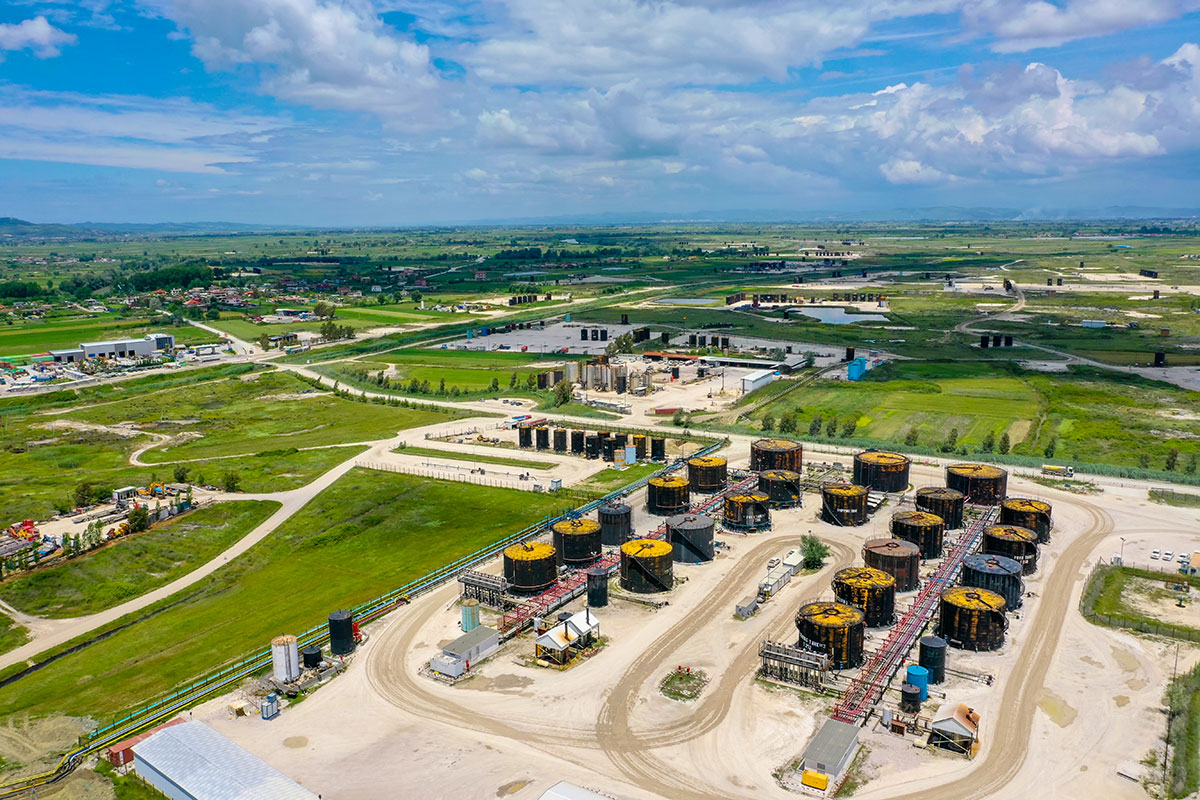

To explain the types of crude oil, we can start with a simple comparison: there are no water sources with the same water, so there are no identical oil sources in quality. Crude oil, according to the American Petroleum Institute is classified with the API grade, which measures the quality and consequently the price of oil. According to today’s standards we distinguish: BRENT Oil (Europe), WTI Oil (America), Nigerian Oil, OPEC or others. Each of them has an API reference standard, but even within these groups of oil standards there are differences.
In Albania and specifically in the area of Patos Marinza where Bankers Petroleum Albania operates, the industry’s is definition for the extracted oil is “heavy and salty oil”. Simply put, it is an asphaltene-containing oil, with heavy products such as bitumen, solar and oils with fewer white by-products such as gasoline, diesel or kerosene predominating. If the presence of white products is over 60% then we are talking about light oils. The quality of oil is also affected by mechanical wastes such as sand, foam, the percentage of water bound and unbound in oil, etc.
In order to be processed and standardized, “heavy and salty oil” necessarily requires additional costs, which are associated with the processes of decanting, removal of mechanical waste, processes of purification from sulfur etc. For this reason, the oil extracted at the Patos Marinza field is not suitable for the production of white by-products. The additional cost to maintain the standards according to API grades would be reflected in a much higher price than the market of these by-products.
As mentioned above, to enable the sale of products in the market for Europe, the BRENT standard is the reference price. Albanian oil varies from 6 degrees API to a maximum of 20 degrees API. While BRENT oil is in the order of 38.3 degrees API, which would directly affect a 25-50% higher selling price. As a result, the oil extracted by Bankers Petroleum Albania is sold and exported and then processed in bitumen refineries, not in white by-products processing refineries.
© 2021 Bankers Petroleum Ltd. All rights reserved.